OTA update feature not found on Galaxy S20 Ultra 5G could be used on next year's models
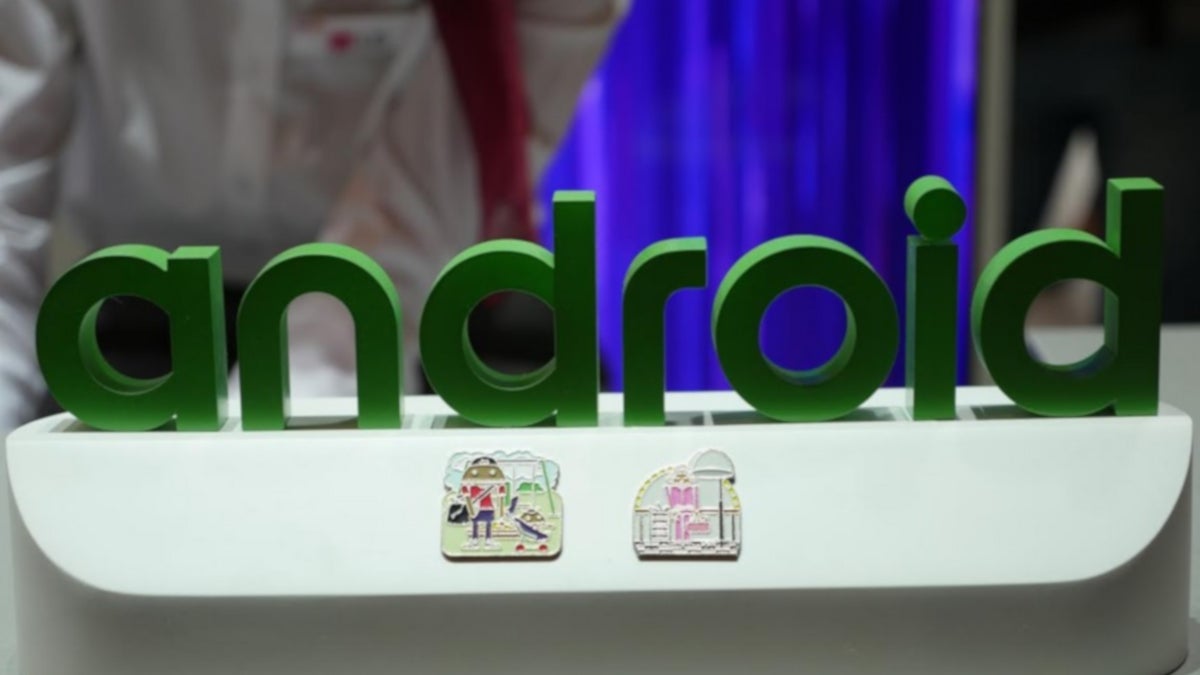
No one likes having to be without the use of their phone even if it's for just 10-20 minutes. With that in mind, back in 2016 with Android 7 Nougat, Google made OTA updates to Android phones more seamless through the use of A/B partitions. This allows some partitions to be copied and inactive partitions to be updated in the background. Rebooting the phone changes their status to active. However, Google did not make this mandatory so many handsets, even the Samsung Galaxy S20 Ultra 5G, does not update in this fashion.
Here it is again in English. With the A/B partition, your phone would have two partitions of the OS stored. When an update arrives, the partition not in use is updated in the background while you can still use your phone as you normally do. Once the update is completed, the phone is booted up from the updated partition and you're good to go with the latest version of Android installed. If you own a Pixel handset, you've seen this in action.
A few years ago, Google found that more Pixels than Nexus units (the latter without the A/B partition) were being upgraded with the latest security update. Thus, seamless updates help keep more phones safe, in theory. So starting with Android 11, Google is forcing Android phone manufacturers to support the A/B partitions with their latest handsets. XDA discovered that if a device running Android 11 doesn't have A/B partitions, it will fail the Vendor Test Suite (VTS) used to determine if a phone is compatible with Google's Project Treble. Any Android phone that fails the VTS cannot use Google Mobile Services, effectively forcing manufacturers to make updates more seamless.
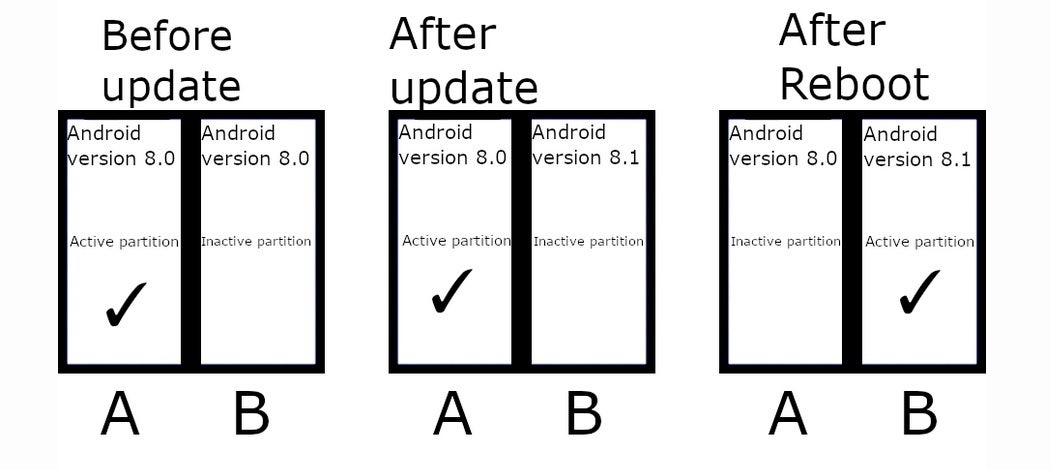
A/B partition updates allow for seamless OTA Android updates
Why wouldn't phone manufacturers want to include this on their Android handsets? One reason is the additional storage that would be needed to cover the duplicated partitions. Samsung includes plenty of pre-loaded features on its phones which means that it would have to commit GBs of storage space for seamless updates. Google happens to employ a workaround that it uses on the Pixel handsets and Samsung might need to copy this solution.
Google has yet to announce this publicly, but it does appear that those buying new Android phones in late 2020-2021 will no longer have an excuse not to update their handsets.
Follow us on Google News






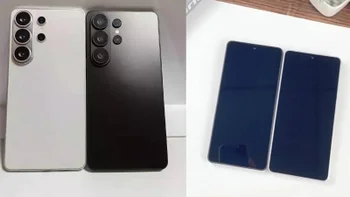


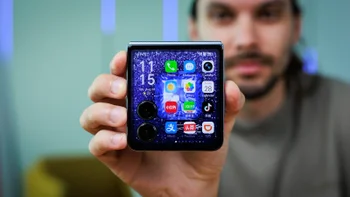
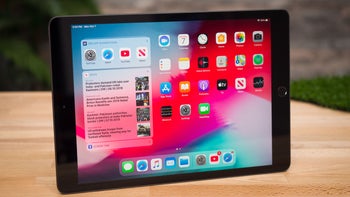

Things that are NOT allowed:
To help keep our community safe and free from spam, we apply temporary limits to newly created accounts: